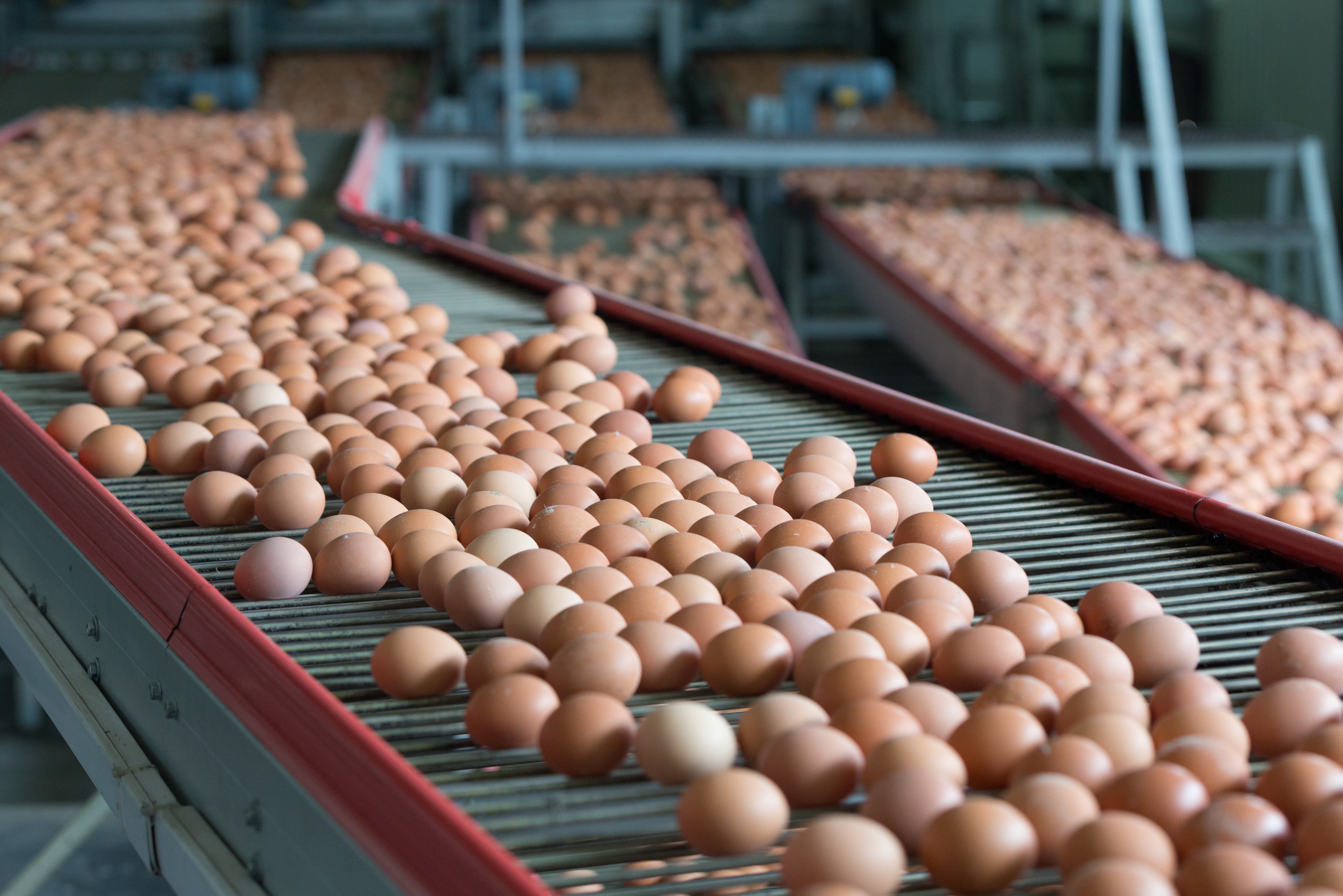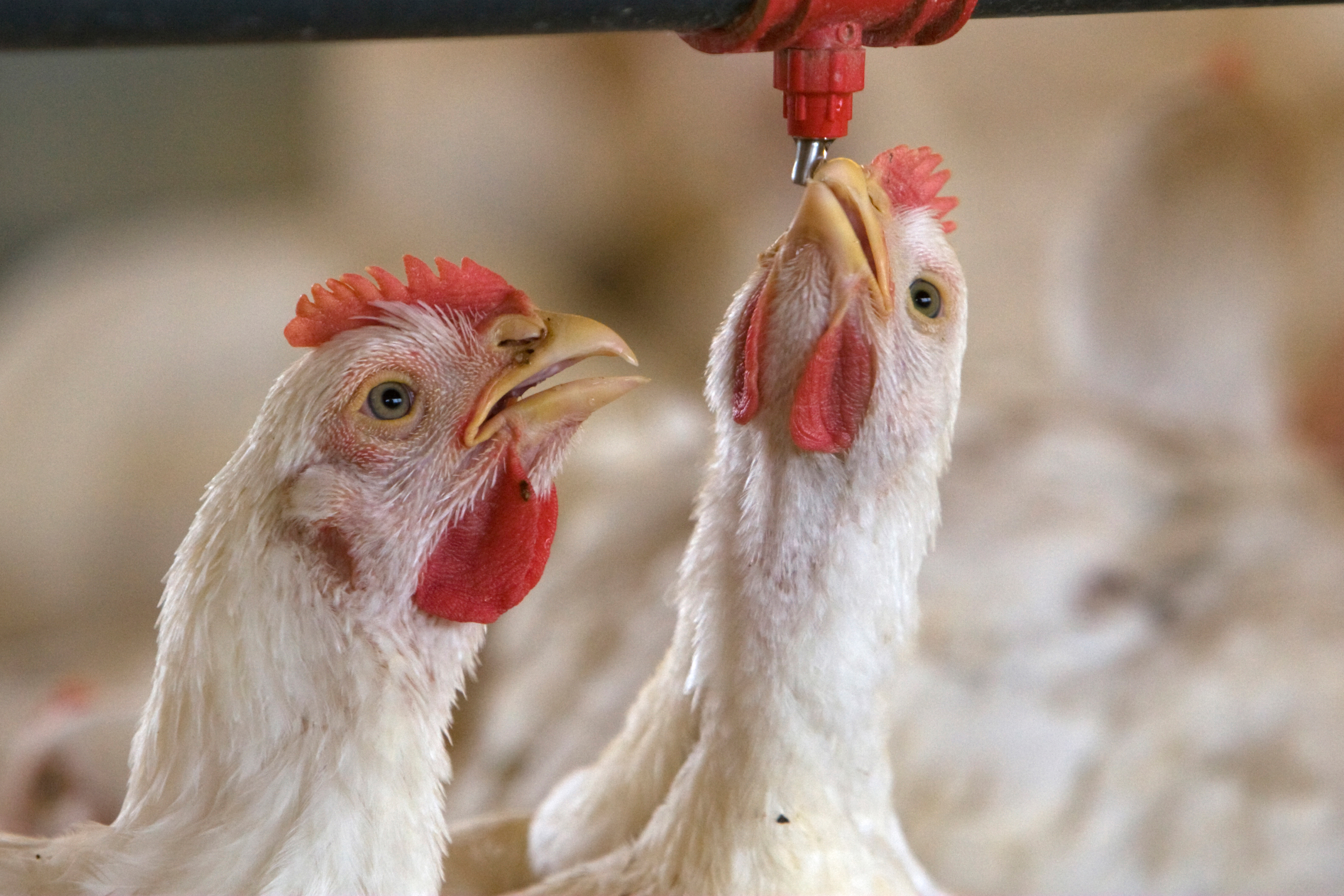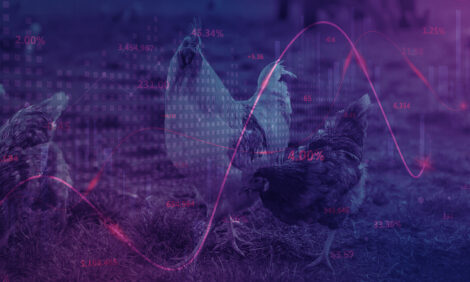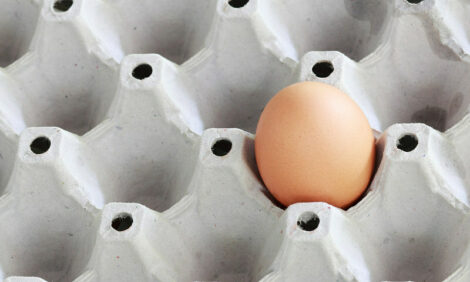



What does 2019 hold for the UK poultry meat and egg sectors?
Any block to access to labour from outside the UK will have repercussions for the poultry industry.Words Chris Harris
With doubts still lingering over what kind of a Brexit the UK is will be presented with, there are particular concerns in the sector over labour and trade.
Around 60 percent of the workforce in the sector is not from the UK, so any block to access to labour from outside the UK will have repercussions for the poultry industry. There are also concerns that any restrictions on trade, including blocks on access to the European market, will also have severe repercussions for the UK industry.
The British Poultry Council, in its recent Vision 2019 strategy, said that if trade is affected then the value of exports will have a direct effect on prices in the UK.

For the egg sector, the effect is expected to be less significant, as the industry is largely self-sufficient with only a small amount of imports in the form of liquid eggs and egg powder from the EU.
Stuart Agnew, category and marketing director at the UK-based Noble Foods, one of the leading egg producers in the country, says, “The UK egg market is 86 percent self-sufficient with the remaining 14 percent being imported mainly as egg products from the continent.
“There is very little trade of eggs from the UK to the continent, we are generally a net importer.”
However, Mr Agnew adds that the prospect of a no deal Brexit was not as alarming to the UK egg market as it might first seem. “From a UK egg market perspective, a no-deal Brexit has the potential to allow the market to become even more self-sufficient, by expanding production to fill any potential gaps left by continental imports,” he adds.
“This is particularly relevant to imports of egg products by manufacturers and foodservice operators who are becoming increasingly concerned by recent serious quality issues, the continuing exchange rate risk and potential delays at the ports, as well as recognising the benefits of Lion Quality products supplied by British farmers and processors.
“This would be a clear opportunity for the UK egg industry, however, there is the potential risk that if agriculture was used as a bargaining chip for free trade deals with other countries, we could see our market threatened by cheaper imports from around the globe who, on the whole, produce eggs to a lower standard of welfare, environmental and safety standards.”
Mr Agnew continues, “The potential key risk to the industry centres on both the implementation of tariffs and further currency devaluation in a no-deal scenario.
“Currency devaluation will likely have an impact on feed and packaging costs whilst tariffs will add further cost and complexity on any imports used during the production, processing or packing of eggs.
“Although there is exposure for the UK egg market with regards to Brexit, we are in an arguably stronger position than many other food commodities. We believe the UK egg industry could potentially capitalise on a no-deal Brexit scenario and move towards a more self-sufficient position.”
Mr Agnew says that the UK shell egg market is in a period of sustained growth at present, both in volume and value terms.
“The market is in a very strong position – 96 percent of UK households buy eggs, in larger pack sizes more often, and are willing to pay a higher price per egg as a result of sales transferring from intensive to higher welfare products,” he adds.
“The steady switch by consumers from more intensive caged and barn products into higher welfare, free range, speciality and organic products also continues.
“The risk for the UK market in 2019 centres around the supply and demand balance as we see continued growth in the national flock which is now approaching 40 million layers.”
He adds that the market must act responsibly to see that a balance between supply and demand is maintained for the sector to succeed and remain sustainable.

The concerns voiced by the shell egg sector over potential disruption to the market caused by currency devaluation, tariffs and costs, when the UK leaves the EU, are shared by the poultry meat and processing sector, which sees more than a billion birds reared for meat every year.
However, as there is also a large degree of self-sufficiency in the chicken meat market in the UK there is not a reliance on imports as with other food categories and strong growth in the market means the sector is well placed to meet the challenges of the coming year.
Jason Winstanley, Head of Research and Insight, Moy Park says, “The poultry industry has had a strong year, with UK production running at +4.2 percent for the year to date (DEFRA, YTD to October), and retail sales volumes of over five percent (source: Kantar Worldpanel, 52 weeks to 2 December 2018), meaning that it has performed more strongly this year than other red and white meats.
“Consumers continue to choose chicken for its health benefits and versatility as well as its advantaged price position when compared to other proteins, and we expect that to continue to be the case in 2019.
“With Brexit looming, this is an uncertain time for consumers, so the value which chicken can offer will be more important than ever.
“The structure of the UK market places it in a strong position with almost all of the fresh market, and significant amounts of the prepared chicken sector, already farmed and produced in the UK.
“This reduces the reliance of the market on imports of finished goods and drives a degree of self-sufficiency, which is not found in every food category.”
Mr Winstanley adds, “Going forwards, Moy Park will continue to innovate and further develop the added value areas of the market.
“Although fresh primary chicken remains the largest part of the market, it is the added value areas which are seeing the greatest long-term growth (Kantar Worldpanel) as consumers seek interesting and convenient meal solutions.”
At the launch of the British Poultry Council’s recent Vision 2019 strategy document, the chairman John Reed said, “With the economic and social pressures being created by Brexit, access to food will become one of our nation’s biggest challenges.
“If we cannot find a solution to labour (and trade) then we run the risk of creating a two-tier food system with the average citizen forced to rely on imported food.”
The BPC says that British poultry meat farmers and producers are calling on the Government to ensure that British food, and the quality it represents, stays affordable and available for all consumers at every price point.
Mr Reed continued, “Whilst we must ensure that we have access to the labour we need – and frictionless trade – we want to explore the role of responsible businesses in food security.
“On one hand we are among the most affordable nations in the world for food, and on the other we have seen a year-on-year increase in the use of foodbanks. British food must be at the forefront of fixing that dichotomy.
“Now is the time for responsible businesses that place strength, growth, and purpose at the heart of everything they do, to come forward and help deliver a food strategy that is built on a sustainable, secure, and trusted supply of food for all, produced to world-class standards.”









